April 18, 2025 | 10:46 GMT +7
April 18, 2025 | 10:46 GMT +7
Hotline: 0913.378.918
April 18, 2025 | 10:46 GMT +7
Hotline: 0913.378.918
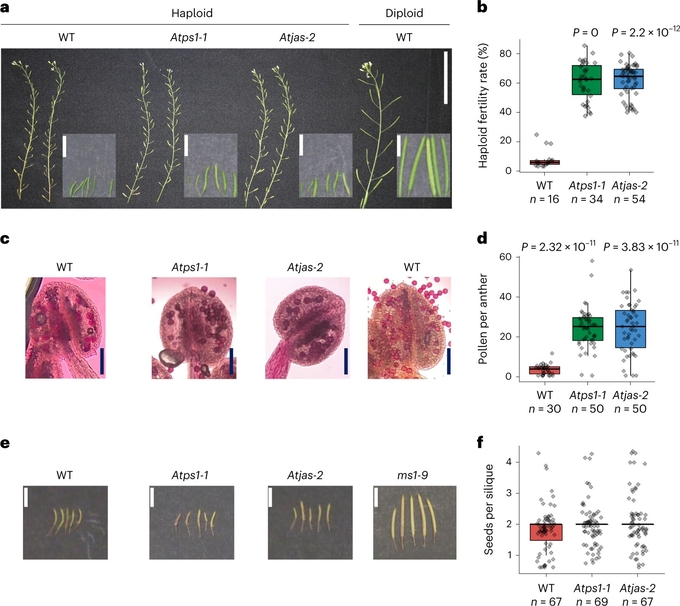
ps mutations restore HMF in Arabidopsis. Photo credit: Nature Plants (2023). DOI: 10.1038/s41477-022-01332-6
Use of "doubled haploid" (DH) genetics has become one of the basic technologies underpinning modern corn breeding. However, DH technology has challenges, as well as advantages. First, it requires creation of "haploid" plants that carry only a single, maternal genome. The haploid plant's single genome is then doubled through a chemical process that accelerates development of genetically pure inbred lines.
One of DH technology's major bottlenecks is that haploid male flowers are usually sterile. This problem requires exposing the seedlings to the toxic chemical colchicine which spurs genome doubling and returns fertility to the male flowers. The process is labor- and cost-intensive.
Research published recently in Nature Plants shares news of a mutation the scientists discovered that restores male fertility in haploids without use of colchicine. The work was conducted by Siddique I. Aboobucker, research scientist in agronomy, with Thomas Lübberstedt, Frey Chair in Agronomy and director of the Raymond F. Baker Center for Plant Breeding, and former agronomy graduate student Liming Zhou.
They demonstrated that exploiting mutations which modify the positioning of the spindle mechanism during the plant reproductive phase known as meiosis can restore male fertility of haploid plants.
The spindle mechanism helps keep cell division on track. During normal meiosis, in regular "diploid" plants that contain two sets of chromosomes, the spindles are arranged in perpendicular pairs that line up easily. In haploid plants, the chromosomes are unequally distributed during cell division, leading to high rates of infertility during the next phases of reproduction.
To address this problem, Aboobucker had an inspiration the team agreed was worth investigating. They hypothesized that a set of genetic plant abnormalities known as parallel spindle mutants or "ps mutants" that change the spindles to a parallel instead of perpendicular position during meiosis could improve male fertility in haploids. They tested the idea on Arabidopsis thaliana, a model research plant often used as a precursor to work in corn and several other crop species.
It worked—the haploid mutant plants grew, and most were fertile. The results support their idea that the unequal lineup of spindle fibers during a critical phase of meiosis in the haploid males can be overcome by exploiting the mutants' tendency to cause a more horizontal spindle formation.
"Using this mutation to overcome the male fertility problem in haploid plants has great promise to overcome the resource-intensive protocols currently in place for artificial (chemical) genome doubling methods to obtain DH lines," Lübberstedt said.
He gives most of the credit to Aboobucker, who led the project to find a solution to this long-time puzzle of male haploid infertility.
"I'm starting to realize this is a big deal," Aboobucker said. "The responses from colleagues around the world since our article was published last month has been a little overwhelming."
Lübberstedt and Aboobucker believe the beneficial mutations they've identified can be applied—with some modifications—to corn and other crops. Exploring this potential is one of the next projects on their horizon.
(Phys)
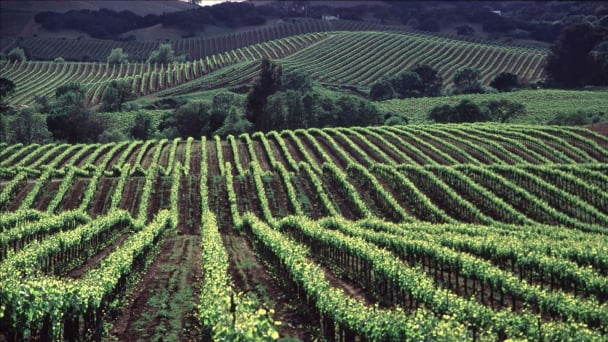
(VAN) California's $59 billion agriculture industry faces serious disruption as the U.S. clashes with China - one of the state's major export markets.
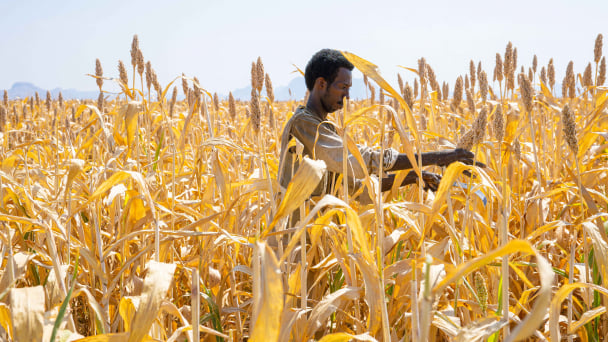
(VAN) Five things you should know about Sudan's food security crisis.

(VAN) 169 lotus seeds selected by the Vietnam Academy of Agricultural Sciences were carried into space by Vietnamese-American astronaut Amanda Nguyen.
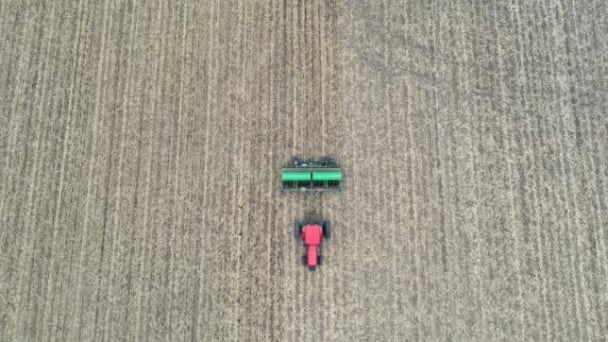
(VAN) Tariffs are making life more expensive for John Pihl. He's been farming in Northern Illinois for more than 50 years.

(VAN) European and American farmer organisations are concerned about the import tariffs that the United States introduced on 9 April for products from the European Union. This makes them 20% more expensive.

(VAN) Global poultry trade is expected to remain strong amid relatively tight global protein supply and growing consumption, RaboResearch concludes in its latest animal protein report.
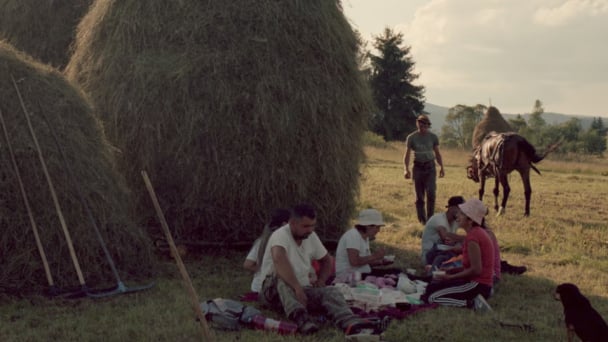
(VAN) Traditional methods benefit hundreds of species but as new agricultural techniques take over, the distinctive haystacks mark a vanishing way of life.